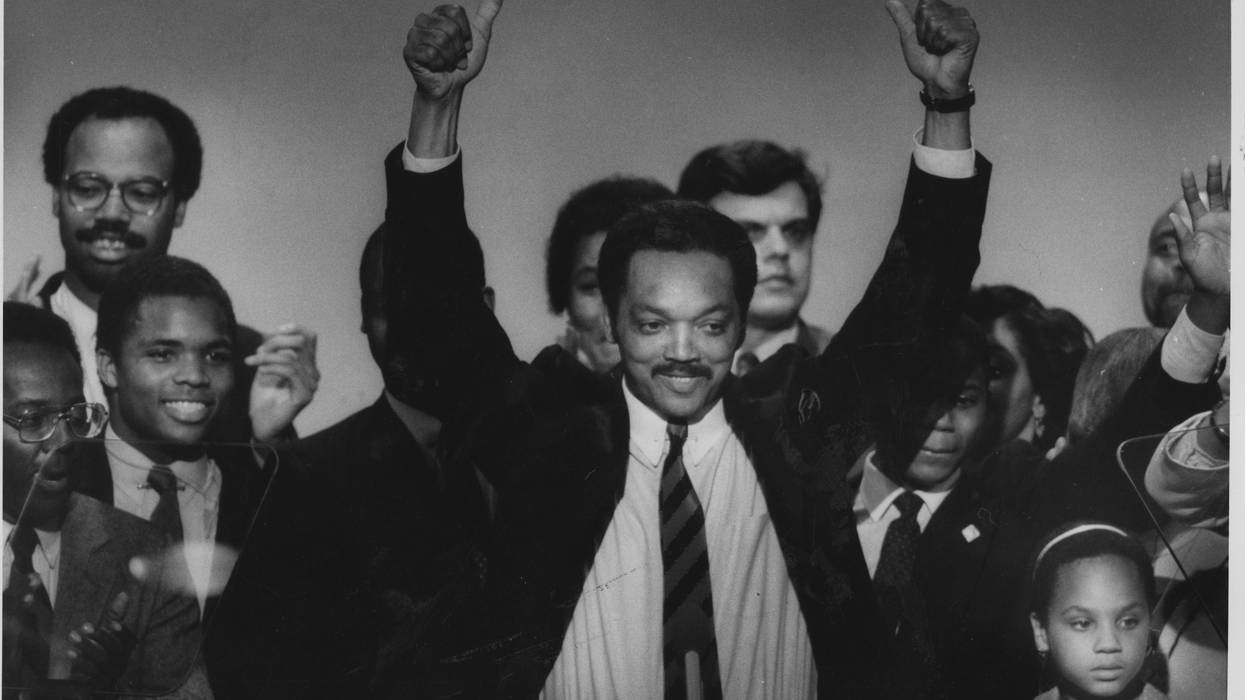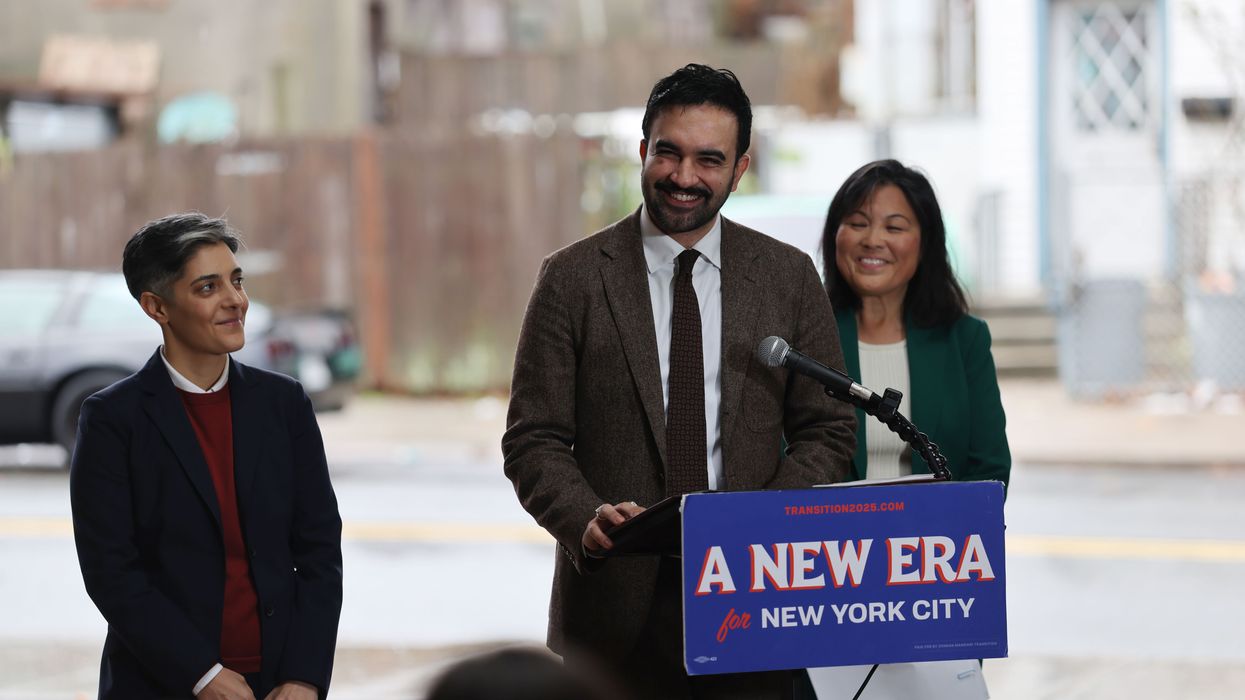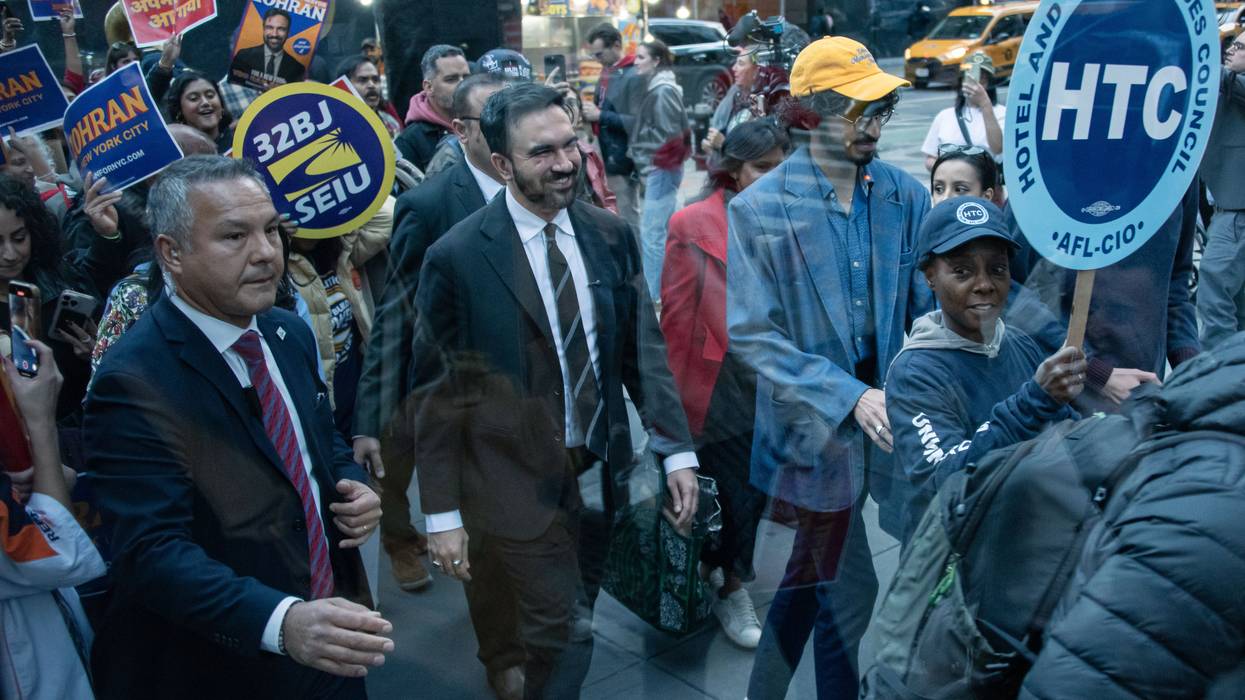Jesse Jackson, Civil Rights Leader Who Fought for Economic Justice, Dies at 84
"His unwavering belief in justice, equality, and love uplifted millions, and we ask you to honor his memory by continuing the fight for the values he lived by," said Jackson's family.
Rev. Jesse Jackson, a renowned civil rights activist and two-time US presidential candidate who pushed for a multiracial movement united around the common fight for economic justice, has died at the age of 84, his family announced in a statement on Tuesday.
"Our father was a servant leader—not only to our family, but to the oppressed, the voiceless, and the overlooked around the world," said Jackson's family. "We shared him with the world, and in return, the world became part of our extended family. His unwavering belief in justice, equality, and love uplifted millions, and we ask you to honor his memory by continuing the fight for the values he lived by."
The family's statement does not specify a cause of death, saying Jackson "died peacefully" on Tuesday morning. Jackson was formally diagnosed with progressive supranuclear palsy last year after managing the condition for more than a decade.
After taking part in and organizing sit-ins and other civil rights actions as a university student, Jackson worked alongside Rev. Martin Luther King Jr. at the Southern Christian Leadership Conference (SCLC) and was later elevated to national director of SCLC's economic arm, Operation Breadbasket.
Jackson ran unsuccessfully for the Democratic presidential nomination in 1984 and 1988, amassing more than 10 million votes across both campaigns—making him, up to that time, the most successful Black presidential candidate in US history.
In his 1984 speech at the Democratic National Convention, Jackson made the case for a "Rainbow Coalition" organized around a common mission: "to feed the hungry; to clothe the naked; to house the homeless; to teach the illiterate; to provide jobs for the jobless; and to choose the human race over the nuclear race."
"We must leave racial battleground and come to economic common ground and moral higher ground," said Jackson. "America, our time has come. We come from disgrace to amazing grace."


